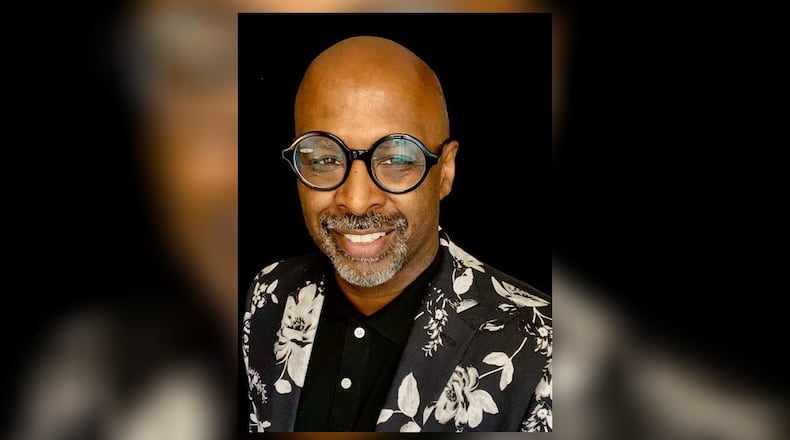Many moons ago, I pursued a degree in political science alongside my studies in visual art. At the time, I saw it as a hedge, a pragmatic safeguard against the familiar trope of the “starving artist.” While there have indeed been lean seasons in my creative life, I now see that the two fields — politics and art — are far more intertwined than I realized back then. Both demand vision. Both rely on participation. And both are under threat from apathy, cynicism and the steady erosion of institutions that sustain our collective imagination.
We are at a crossroads. For decades, we’ve witnessed the slow dismantling of the structures that make a democratic and creative society thrive. The stripping away of arts education, the defunding of cultural institutions, the dismissal of the liberal arts and humanities in favor of “efficiency” and “employability.” Choices that have left us with a populace anxious and disoriented. We have trained generations to think transactionally rather than imaginatively, to seek immediate profit instead of long-term purpose. The result? A fragile democracy filled with citizens more inclined to consume than to create, to observe rather than participate.
You might ask, what does any of this have to do with voting? When fewer than ten percent of eligible voters turn out in local elections, the outcomes are driven not by collective will but by inertia, the maintenance of a status quo that benefits the few over the many. Democracy requires imagination: the ability to envision a world that doesn’t yet exist and then work toward it. That same imaginative muscle is what artists exercise.
Artists are, in many ways, democracy’s first responders. We observe, interpret, and reimagine. We hold mirrors up to our communities, revealing both their beauty and their flaws. We are trained to live with uncertainty, to fail spectacularly, to start again. Those are not just creative skills, they’re civic ones. Empathy, curiosity, and critical thinking are as vital to governance as they are to art.
So as you mark your ballot, look beyond slogans and sound bites. Ask more of those who seek to represent you. Don’t just ask what they plan to do; ask how they think. Do they demonstrate empathy? Can they listen deeply? Are they capable of creative problem-solving when the unexpected arrives?
We expect our artists to innovate, to take risks, to reach for the extraordinary even when success isn’t guaranteed. Why should we expect anything less from our elected officials? The arts have taught me that excellence is not a luxury it’s a discipline. It’s the daily choice to push beyond what’s comfortable toward what’s possible.
This, ultimately, is my philosophy for both art and democracy: to imagine boldly, act with courage and never settle for the average when the extraordinary is within reach. If we bring that same creative spirit to the ballot box, our votes are more than civic duty they become acts of collective imagination. And that is how our democracy can thrive and survive.
Rodney Veal is the host of ThinkTV/CET Connect and President of the board of OhioDance.
About the Author
